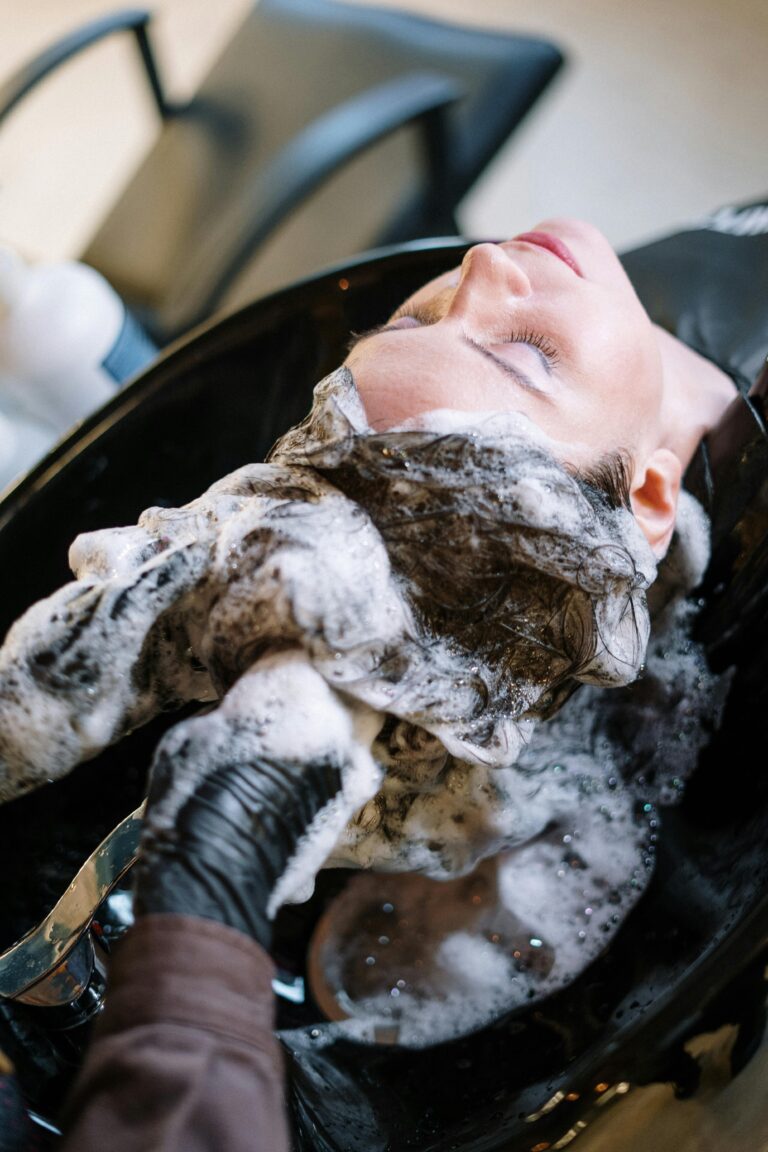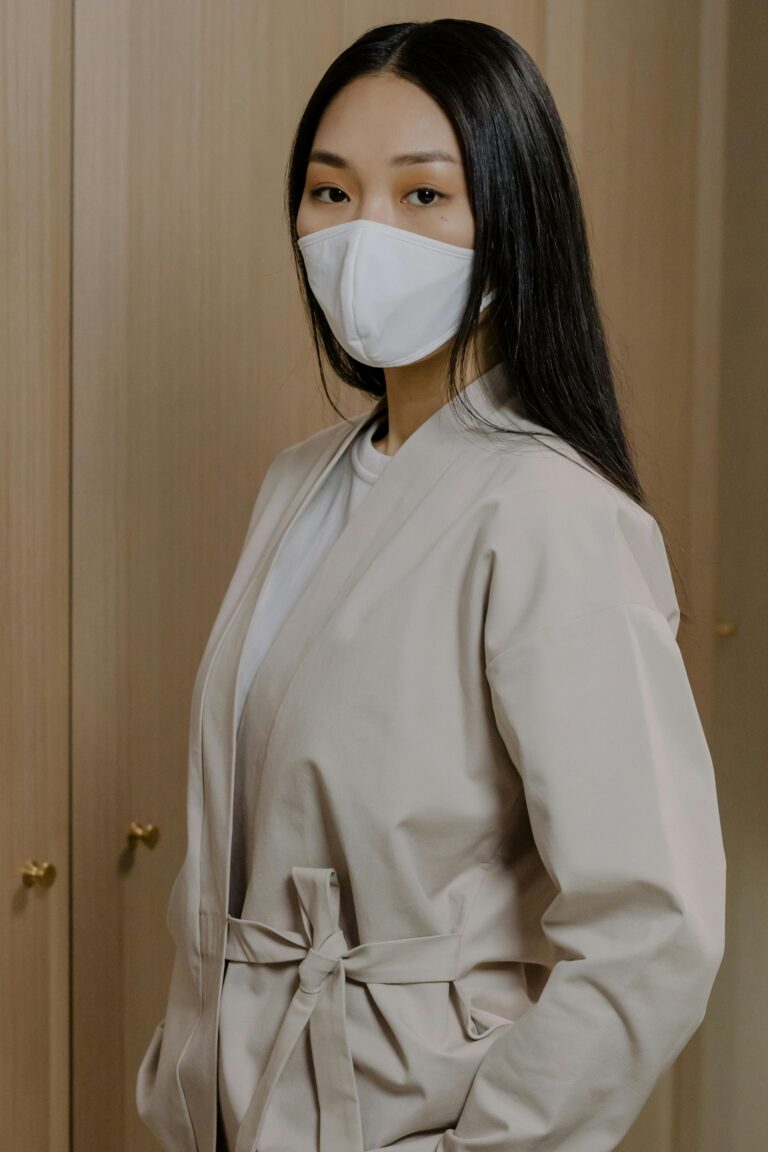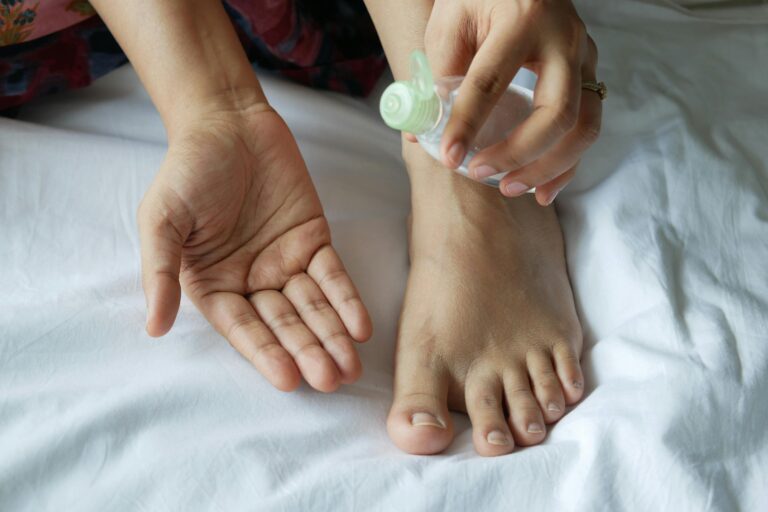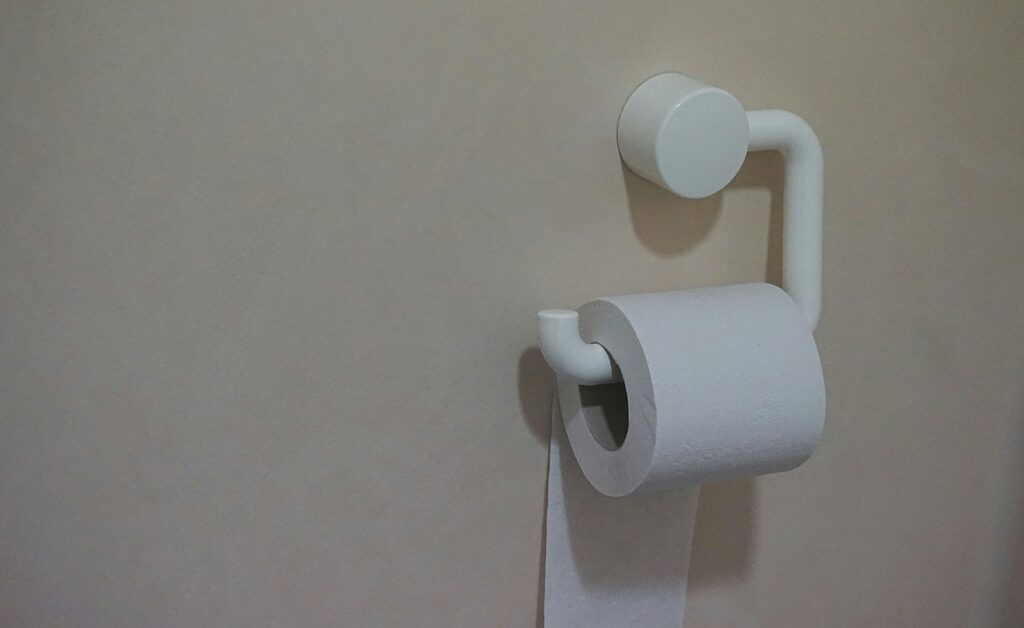
Personal hygiene is one of the many things that can be performed to ensure that the body and mind are healthy. Through frequent and effective hygiene, the spread of germs is prevented, infection is minimized,
Personal hygiene is one of the many things that can be performed to ensure that the body and mind are healthy. Through frequent and effective hygiene, the spread of germs is prevented, infection is minimized, and a person becomes more confident as well as well-being; good hygiene habits are about keeping the body healthy instead of looking good.
This article outlines the most basic hygiene practices, their benefits, and how to implement them in your daily routine.
—
Why Personal Hygiene Matters
Good personal hygiene is very important to one’s health. It is necessary for preventing the spread of germs and bacteria causing illness and infections as simple as a cold to an infection diseases. Additionally, personal hygiene affects social connections, self-confidence, and mental well-being. Practicing good hygiene will protect you as well as all who are around you from infections and offer a more confident health lifestyle.
—
1. Hand Hygiene: The First Line of Defense
Washing your hands is the easiest and most effective method of preventing illness. Because our hands are constantly touching surfaces, objects, and people, they are one of the primary vehicles by which germs are transmitted.
- How to Wash Your Hands Correctly: Use soap and water; lather at least 20 seconds, paying attention to areas between fingers, under nails, and around wrists. Rinse well, and dry with clean towel or air dry.
- When to Wash Your Hands: Always wash your hands before eating, after using the restroom, after touching animals, and after coughing or sneezing.
For situations where soap and water are not available, hand sanitizer products containing at least 60% alcohol are useful alternates but cannot substitute for good old-fashioned handwashing.
—
2. Oral Hygiene: Protect Your Smile and Health
Oral hygiene is an important part of maintaining healthy teeth, gums, and the rest of the mouth. If you don’t care for your teeth, then you are far more likely to develop cavities and gum disease; however, oral bacteria also are linked to a whole host of diseases, including heart disease and diabetes.
- Brush twice a day with fluoride toothpaste, ensuring you brush all sides, your gum line and along your tongue, since they collect bacteria.
Use of Flossing
This facilitates the removal of the formation of plaque and any foods stuck between the teeth surfaces where the toothbrush does not reach. When an individual flosses his teeth, he prevents disease at the gum and causes decay at those areas, making them hard to brush, like the areas close to the gum.
Use mouthwash. Mouthwash can destroy bacteria and fresh breath in the mouth. The most important thing is that mouthwash should be an antibacterial one to kill harmful bacteria and control plaque, gingivitis.
Even dental visits are crucial in maintaining long-term oral hygiene. Cleanings and check-ups should be performed once in six months.
—
Skin is the biggest organ in our body and acts as a first barrier against the environment. Therefore, if we bathe regularly, it removes the dirt, sweat, dead skin cells, and bacteria from our skin. Hence, good skincare keeps our skin clean, odor-free, and healthy.
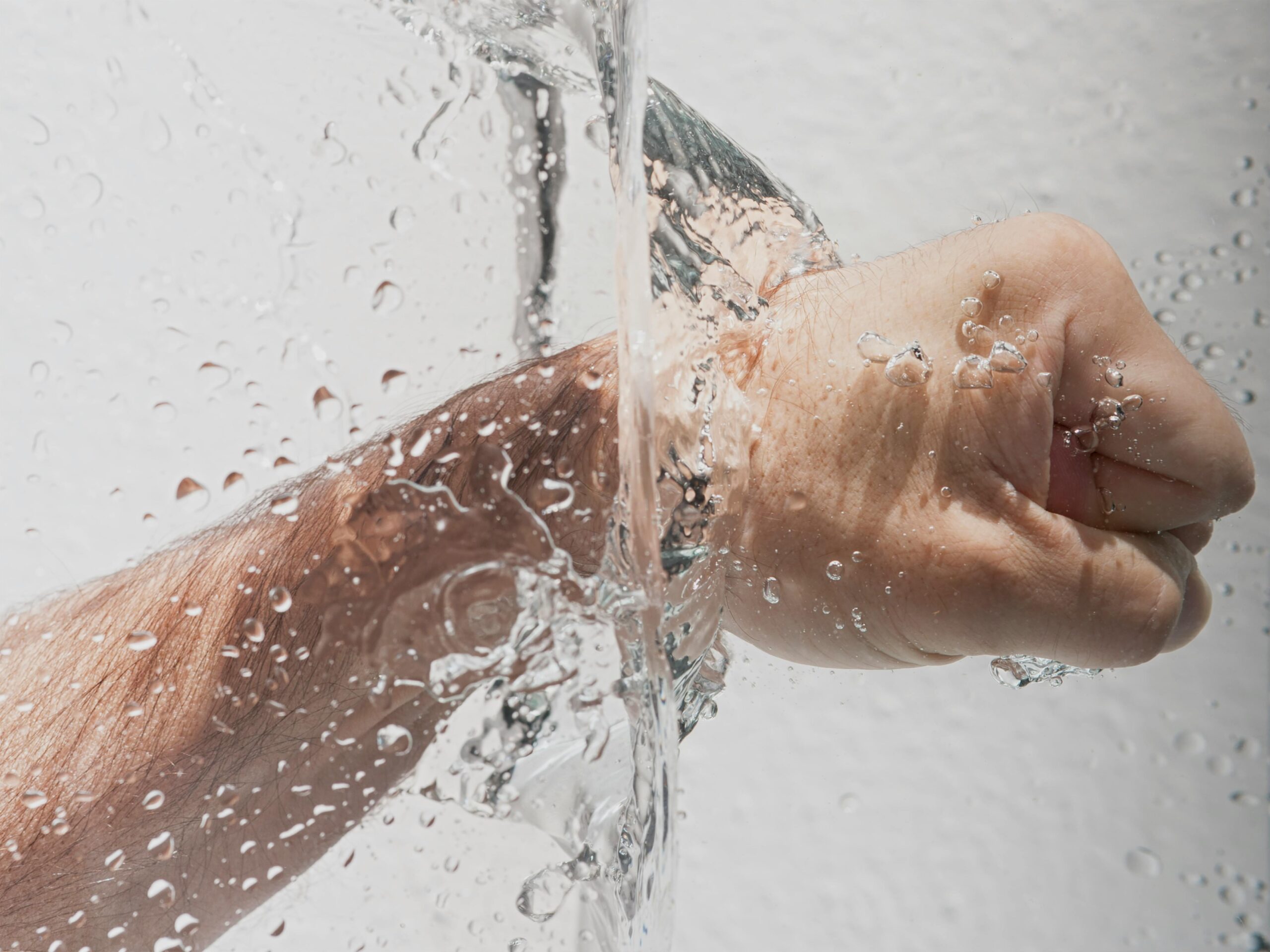
- Bathe Every Day: When you take a bath every day, you are ridding yourself of the buildup of sweat, bacteria, and dead skin cells on your body. For most skin types, a soap for the skin type works well if you have sensitive skin.
- Moisturizing: Moisturizing right after taking your bath hydrates the skin and helps it to keep it soft and supple. Be sure to buy the correct moisturizer appropriate for your skin type; for the dry parts.
- Deodorant or Antiperspirant: Deodorants are used to mask body smell, whereas antiperspirants reduce the amount of sweat. Apply them after showering on fresh clean dry skin.
Cleanly maintained skin often reduces a person’s chances of acquiring infections, rashes, or acne that tend to flare up when the skin gets dirty and overrun with bacteria.
Your nails are like your skin: They are under constant exposure to dirt and bacteria, and therefore ought to be cleaned constantly. This will keep your hands and feet healthy in both appearance and condition and prevent infections.
- Trim Nails: Cut your nails with clippers to a suitable length; it’s recommended you trim them every week. This prevents buildup of dirt and the nail breaking easily.
Clean under Nails: Clean under the nails by brushing with a nail brush or soft toothbrush just like you wash your hands or bathe.
Do not bite the nails because this allows the bacteria in the mouth to get into the hands and vice versa, thus easy transfer of infections.
Cut your toenail straight across to avoid development of ingrown toenail.
—
5. Hair Care: Healthy Scalp, Healthy Hair
Hair care is important, in beauty as well as in health. A healthy scalp would ensure no dandruff or itchiness, or even hair fall at the worst. Regular washing along with proper hair care makes sure that the scalp and the hair remain healthy and clean.
- Wash Your Hair Often: Dependency on your hair type, scalp condition, and lifestyle. Oily scalp owners must wash more often, and dry hair owners can rarely wash hair.
- Select Appropriate Shampoo: Select a shampoo and conditioner suitable for your hair type. Dry, oily, curly, and so on-avoid over-drying or excess oil production.
- Do not Over-Style with Heat Hair can be very damaged with excessive use of hair driers, curling irons, and straighteners.
Daily brushing distributes the natural oils throughout your hair, imparting shine and preventing tangles.
—
6. Foot Hygiene: Fresh and Healthy Feet
Never forget to keep your feet clean as well. Your feet are also not exempted from the problem of fungal infection, foot odor, and even athlete’s foot.
- Clean Feet Daily: Clean feet, especially between the soles and the toes of the feet with soap and water since bacteria keep adding up
- Dry Thoroughly: After cleaning, dry your feet in a very clean and proper way before putting your shoes on to prevent fungal infections.
Wear comfortable shoes made of breathable fabrics and change them daily; this allows the shoes air out.
Change your socks every day, and if you tend to sweat wet feet, apply some foot powder to that area. This will make your feet feel fresh and won’t smell terrible.
—
7. Wearing Hygiene: Fresh and Clean Wears
Wearing fresh clothes is a hygiene issue. They absorb all the sweat, dead skin cells, and bacteria on us and cause bad odor and various skin problems if left untreated.
- Change clothes daily: Fresh clothes should always be put on every single day, and they need to be changed immediately the sweat or exercises.
- Wash clothes appropriately: The clothes should follow the instructions on how well they are cleaned and are dried to avoid the rise of bacteria and molds.
Dress appropriately based on the weather. When in extremely hot and moist conditions, wear light-coloured clothes and fabrics which will let the skin breathe. This will avoid the condition of excessive sweating and discomfort during such weather.
8. Hygiene in Sickness
When you are sick, hygiene will increase your chance of not infecting somebody else and being better cared for in yourself.
- Cover Your Mouth and Nose Use a tissue or the inside of your elbow to cover your mouth or nose with a tissue or your arm/ elbow when coughing or sneezing to help prevent the spread of germs.
Dispose of used tissues immediately and wash your hands after blowing your nose, sneezing, or coughing.
Sanitize surfaces: clean and disinfect frequently-touched areas, such as doorknobs, phones, or keyboards, especially when ill. Keeping yourself clean and sanitizing your environment aids recovery and prevents the illness from spreading to family members or coworkers.
9. Other Hygiene Habits
If you adopt the apparently simple hygiene habits listed below, you will notice a difference in your health and lifestyles as follows:
Hydrate enough and eat well-balanced diets that maintain your body functions efficiently, such as skin function and the immune system- drink enough fluids and foods that will keep your immune system and other body functionalities in their best conditions working properly.
- Adequate Rest: Sleep is regarded as part of the immune system and general health. One with a well-rested body is strong and more likely to adhere to hygiene practices.
Routine Exams: You should see your doctor and dentist as part of regular check-ups and screening. They can find problems when they are minor.
Conclusion
Personal hygiene is a preventive tool and keeps one fit, healthy, and in good confidence. These basic elements could easily be left unconsidered, yet they prove significant in keeping someone from contracting illness and even promoting one’s mental and physical condition. You are basically investing in a healthier, brighter version of yourself when you build these habits into your day.
